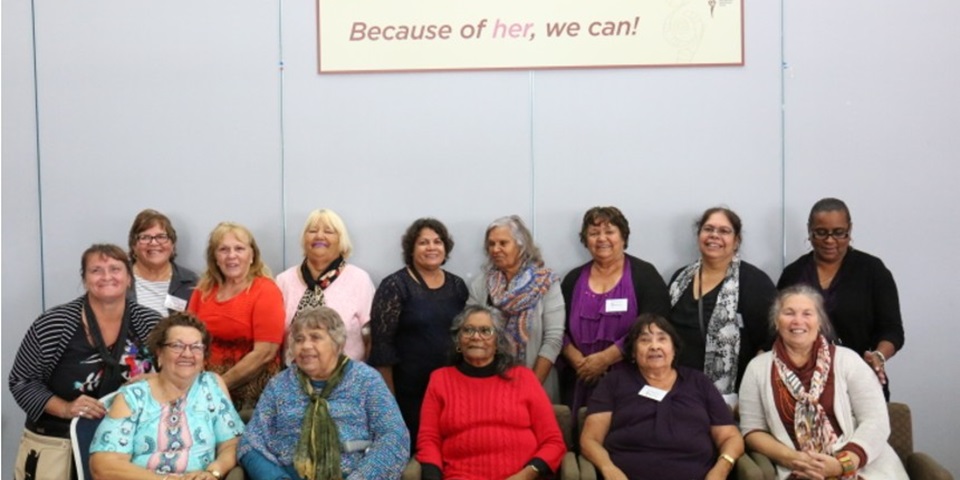News
Western Australia’s First Nations biobank

Researchers from Murdoch University have partnered with Aboriginal Elders to create the first living biobank specific to First Nations people in Western Australia.
It will be the first-ever project to engage First Nations people residing on Whadjuk Country, collecting a range of age and gender biological samples in partnership with the leadership of an Elders group.The Ngangk Yira Research Centre for Aboriginal Health and Social Equity will work with the Australian National Phenome Centre (ANPC), both situated under Murdoch University’s Health Futures Institute, to analyse samples’ biochemistry to better understand the effects of COVID-19 specific to Aboriginal people.
Professor Rhonda Marriott, Director of the Ngangk Yira Research Centre, explained the team will operate under the principles of data sovereignty with the Elders to ensure every step of the research follows Aboriginal-led decision making and governance.
“There has been a lot of concern in the past, with samples being collected and Aboriginal people having no say in what happens to those samples or to the information that was collected,” she said.
“The Elders will provide the governance for this project, guiding us in how we engage with the communities, collect samples and what research questions they want us to ask of the data.”
Sample processing will be led by Professor Elaine Holmes, Director of the Centre Computational and Systems Medicine, using technology from the ANPC to generate deep phenotypic profiles of biological samples.
“The profiles we develop from this will allow us to understand the pathways to infection and the biological consequences, crucial knowledge for the development of effective treatments and vaccines,” she said.
The First Nations biobank is expected to be an important resource for understanding the gene-environmental interplay in maintaining health in Noongar communities.
“Like us, the Elders want to understand how their social and health determinants are affected by the nutrition they’ve had across their lifetime, and how we could position the community to better deal with immediate and downstream effects of COVID-19 and prepare for future pandemics,” said Professor Marriott.
“Are we more vulnerable because we’re not eating the right diet? While we know probiotics and specific diets can increase and raise immunity for some, this project will help us understand the relationship between diet, the microbiome and immunity in Aboriginal people.”
“And, we already know Aboriginal people are much more vulnerable to diabetes and cardiovascular diseases,” said Professor Marriott.
The project will also leverage Professor Holmes’ expertise in mapping nutrient and metabolic profiles of food and using ‘precision nutrition’ to reduce risk of disease.
“The First Nations biobank is a major step in advancing personalised medicine for Aboriginal people and increase long-term health,” said Professor Marriott.
“Although the project will initially focus on COVID-19, the team see this as the beginning of a much more extensive biobank that will include First Nation’s people right across Western Australia.
“There are still so many questions that we as Aboriginal people need answered. And having this biobank with Elders’ governance provides a bright future for Aboriginal-led and focused research.”
News
Western Australia’s First Nations biobank
Posted on